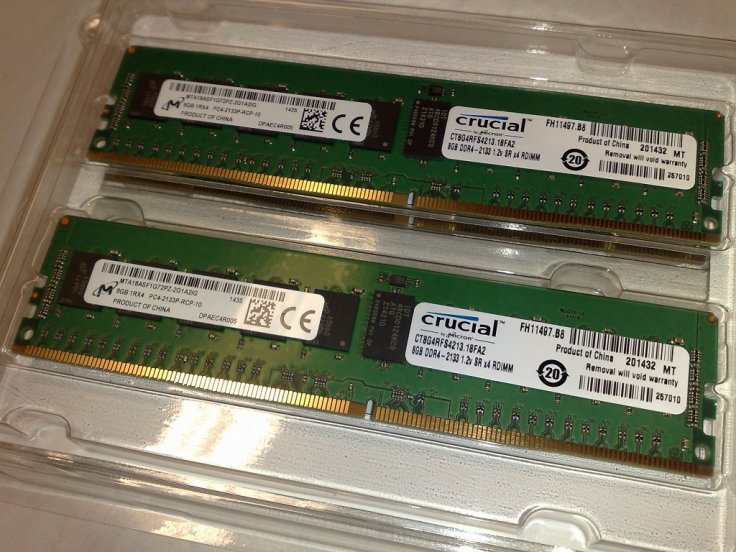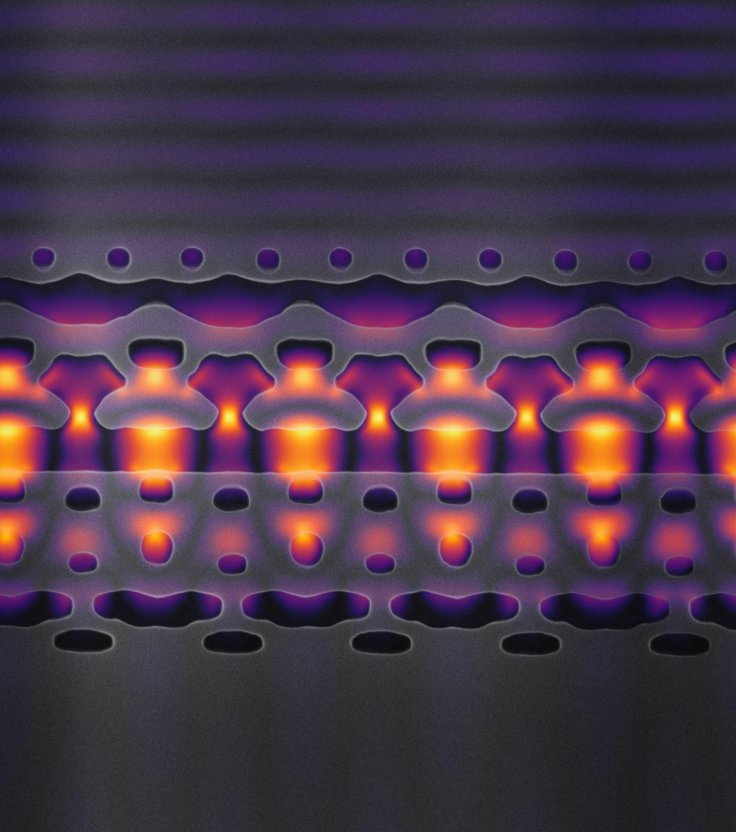Taiwan Semiconductor Manufacturing Co. said it will spend a whopping $100 billion to expand its chip fabrication capacity. The investment will be made in the span of next three years, the company added even as a high-stakes 'semiconductor war' is looming.
The announcement comes barely a month after China unveiled plans to boost the firepower of its all-important chipmaker SMIC. China's Semiconductor Manufacturing International Corp said early last month it will build a $2.35 billion plant with funding from the provincial government of Shenzhen.
Taiwan's TSMC is the world's number one manufacturer of advanced semiconductors. "TSMC expects to invest USD$100b over the next three years to increase capacity to support the manufacturing and R&D of advanced semiconductor technologies ... TSMC is working closely with our customers to address their needs in a sustainable manner," the Taiwanese giant said in a statement on Thursday.

The news was lapped up by TSMC's suppliers across the world. Globally, a severe chip crunch has started affecting key sectors like the automobiles.
The US crackdown on China's SMIC over alleged connections to the People's Liberation Army (PLA) has indirectly helped TSMC, analysts have observed. SMIC said last month that impending chip shortages would negatively affect Chinese businesses. SMIC is a major semiconductors provider to key Chinese companies like Huawei. Analysts said in September that a US clampdown could even threaten the existence of SMIC.
SMIC is the largest Chinese chip manufacturer, and by blacklisting it, the US wanted to deal a heavy blow to China. While many US businesses will also be affected by the blacklisting, SMIC would be hit hard as US companies and suppliers would be barred from giving it American-based tech.
However, it was pointed out that the move would also play out to the advantage of Taiwan Semiconductor Manufacturing Co, which is the world's largest chipmaker.

The War for the Chip Monopoly
The US has had near total control over the semiconductor industry in the last several years, maintaining nearly 50 percent of the market share in revenue terms. The country is home to more than half of the 15 largest semiconductor companies in the world.
In comparison, China has been vastly dependent on semiconductor imports in order to meet the ever growing needs of its burgeoning tech industry. China's drive to match up with the US and Taiwan's prowess in semiconductors is fueled by the realization that its huge tech industry needs self-reliance in chips in the long term.
Bloomberg said it is not clear how TSMC would finance the $100 billion investment in the next three years. The company has $28 billion of cash and equivalents on its books as of the end of December, according to Bloomberg.









